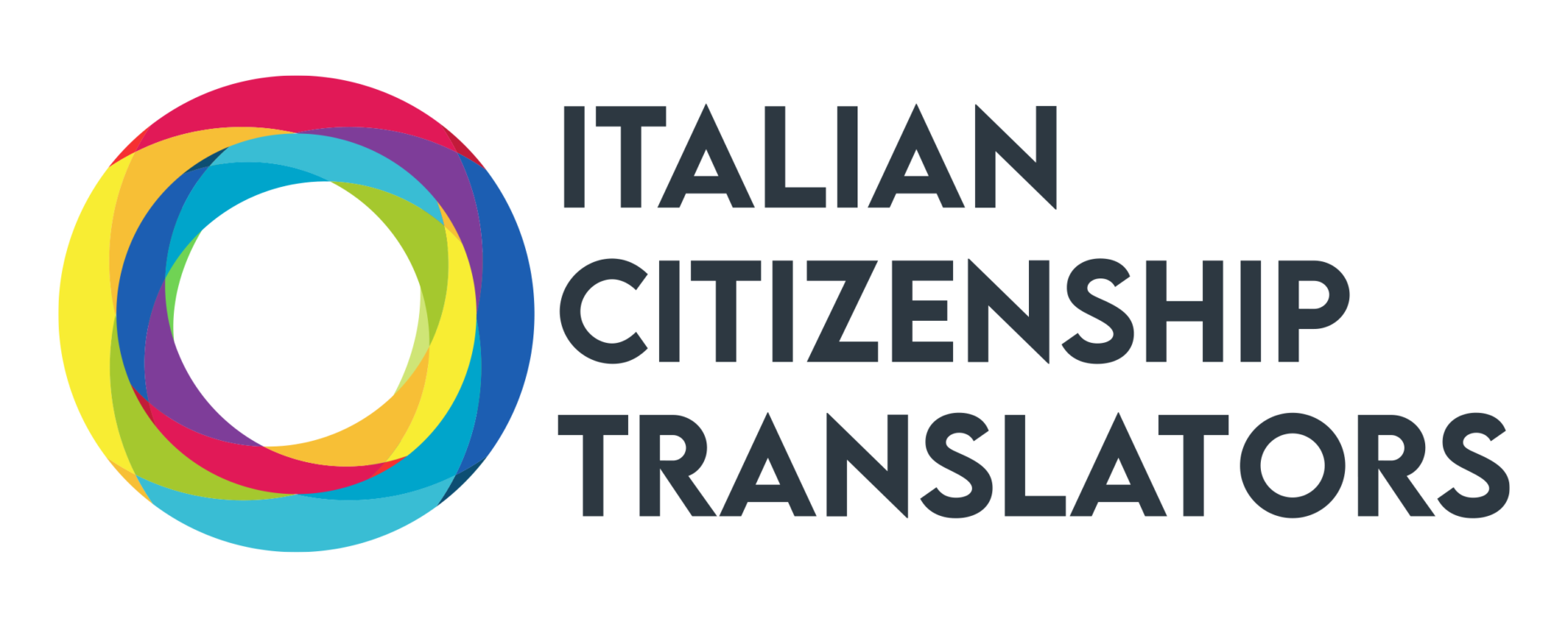
Do you need a translator to purchase property in Italy?
Perhaps you are considering buying a property in Italy, but the language barrier scares you, or you are curious about the bureaucracy involved. If you do not speak Italian, at some point, you will need a translator. As a matter of fact, Italian law requires the presence of an official translator in cases where the buyer is not bilingual. Buying in a foreign country can be daunting, therefore, working with a translator is crucial and often prevents any hassles or delays down the line.
At what stage of the process do you need a translator?
Imagine the allure of owning a villa surrounded by picturesque olive groves in Umbria or investing in a vacation property near one of Italy’s breathtaking beaches. While modern technology lets you explore listings on websites like Idealista, language barriers can be challenging when communicating with potential sellers if you do not speak Italian. This is where an international real estate agency fluent in your language from the start becomes invaluable. As contracts take shape, understanding the legal terminology is crucial to avoid delays or complications. Securing a certified translator is a wise move – they will not only guide you through the documents but also be present, as required by law, during the Deed of Sale execution in front of a Notary Public if you are not fluent in Italian. Ensuring accurate translation safeguards you in case of any legal disputes, as the Italian version of the Deed takes precedence.
What is notarial interpreting, and why is it a crucial part of the process?
During the purchasing process, various documents will require your review and signature. Even native speakers often seek the assistance of an attorney. Many international buyers prefer to have documents available in their native language for better understanding and clarity. Notarial interpreting, when buying a property as a foreigner in Italy, refers to the presence of an interpreter during the notarization process. The role of the notarial interpreter is to facilitate effective communication between the parties involved in the real estate transaction. The interpreter ensures that the buyer, who may not be fluent in Italian, fully understands the content of the documents and any verbal explanations provided by the Notary Public. They help bridge the language gap, allowing the buyer to comprehend their rights, obligations, and transaction terms accurately. As a buyer, you can get clear responses to your questions or concerns. Having a certified translator protects the interests of non-Italian-speaking buyers and contributes to the transparency and fairness of the property purchase process.
Which documents need to be certified by a translator?
Depending on your country of origin, you might need legal documents such as bank statements to be translated into Italian by a certified translator. Depending on the specific case, you might also be required to authenticate your records with an Apostille – a stamp or seal that verifies the authenticity of a document.
Can a friend or relative act as a translator in the purchasing process?
You may consider buying a property in Italy because you have family locally or other relatives. They can help you navigate the market and offer advice on potential locations. It is always good to have local contacts. However, a relative cannot replace a translator. It is not encouraged, for instance, to have an Italian family member or friend help you with preliminary contracts. Certified translators have professional training and expertise in accurately translating legal and technical documents. They understand the intricacies of legal terminology, ensuring that the translated deed maintains its original meaning and legal validity. A friend, even if proficient in both languages, may not possess the same level of expertise in legal translations. Outside of the requirement by Italian authorities to have an interpreter present in front of the notary, a certified translator maintains impartiality and neutrality. A family member or a friend might bring in their personal bias, which could create stress and misinformation throughout the process and cause delays. Working with a certified translator also protects you. Certified translators are accountable for the accuracy of their translations and can provide a level of professional liability. If any issues arise due to inaccuracies or errors in the translation, the certified translator can be held accountable. On the other hand, if a friend translates the document and errors are discovered later, rectifying the situation or assigning responsibility may be challenging. Therefore, while an Italian-speaking friend or family member can offer valuable insights and moral support, they are not professionals and should never replace a translator.
Conclusion
Buying a house in Italy as a foreigner can be complicated when not speaking the language. Thankfully, there are practical steps you can take to ensure a smooth and successful acquisition of your dream property. Being aware of the need for a certified translator allows you to plan ahead and anticipate this essential requirement. Soon enough, you can enjoy a new dolce vita in your Italian home. If you have any questions or you would like help, do not hesitate to contact us at info@italiancitizenshiptranslators.com.
